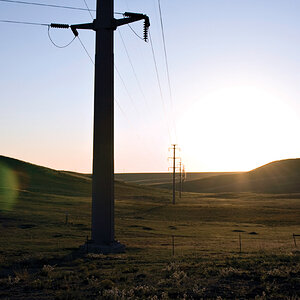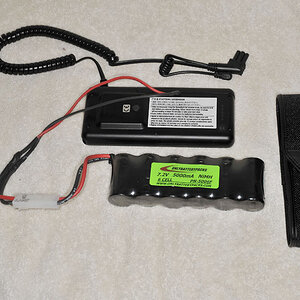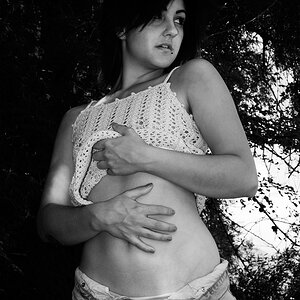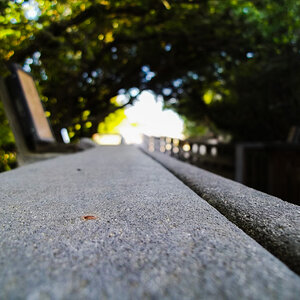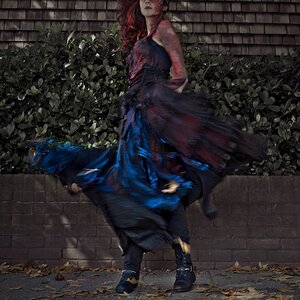Slaphead
TPF Noob!
- Joined
- Apr 28, 2008
- Messages
- 399
- Reaction score
- 2
- Location
- Zürich, Switzerland
- Can others edit my Photos
- Photos NOT OK to edit
Well I've had the D90 for about a month now (Gripped with SB-600) and do you know what - I didn't really need it. There's not one photo I can take with the D90 that I can't with my trusty old D40x.
The problem for me is that it has too many toys to play with - I find myself playing with the camera and not using the camera. Taking test shots and marvelling at the better ISO performance, the active D-Lighting, the multiple focus points that consistently mangage to pick out the eyes. Fantastic, but I havent actually produced much, if anything, of photographic value with it. I've posted a couple of photos from it but in all honesty for me these photos were borderline "Do I, Don't I post" cases. I suppose playing with the camera means that I'll know the camera inside out, but I sometimes get the feeling that I'll pass the 100,000 shutter lifetime just taking test shots.
Do I regret buying the D90 - hell no. It'll serve me well and I'm immensely happy with, but what I've learned is that I don't always need the latest and greatest, and that I need to get back to photography and stop messing around.
So excuse me while I re-read Understanding Exposure, dust off the D40x (I know this camera inside out so I won't be distracted), and get back to making photographs, not test snapshots.
By the way, has anybody got any news on the D400?
The problem for me is that it has too many toys to play with - I find myself playing with the camera and not using the camera. Taking test shots and marvelling at the better ISO performance, the active D-Lighting, the multiple focus points that consistently mangage to pick out the eyes. Fantastic, but I havent actually produced much, if anything, of photographic value with it. I've posted a couple of photos from it but in all honesty for me these photos were borderline "Do I, Don't I post" cases. I suppose playing with the camera means that I'll know the camera inside out, but I sometimes get the feeling that I'll pass the 100,000 shutter lifetime just taking test shots.
Do I regret buying the D90 - hell no. It'll serve me well and I'm immensely happy with, but what I've learned is that I don't always need the latest and greatest, and that I need to get back to photography and stop messing around.
So excuse me while I re-read Understanding Exposure, dust off the D40x (I know this camera inside out so I won't be distracted), and get back to making photographs, not test snapshots.
By the way, has anybody got any news on the D400?


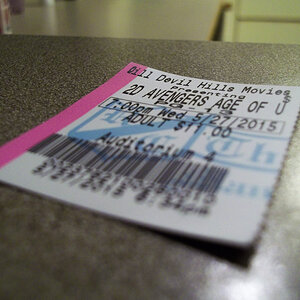
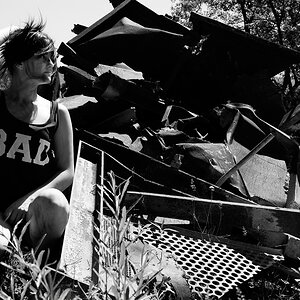


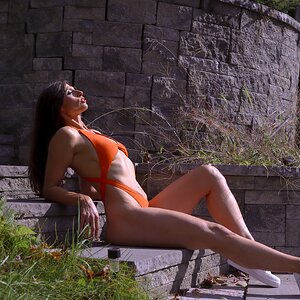
![[No title]](/data/xfmg/thumbnail/39/39438-1eb8b5f82b59d9d0c72ae9025778ed4c.jpg?1619739032)
